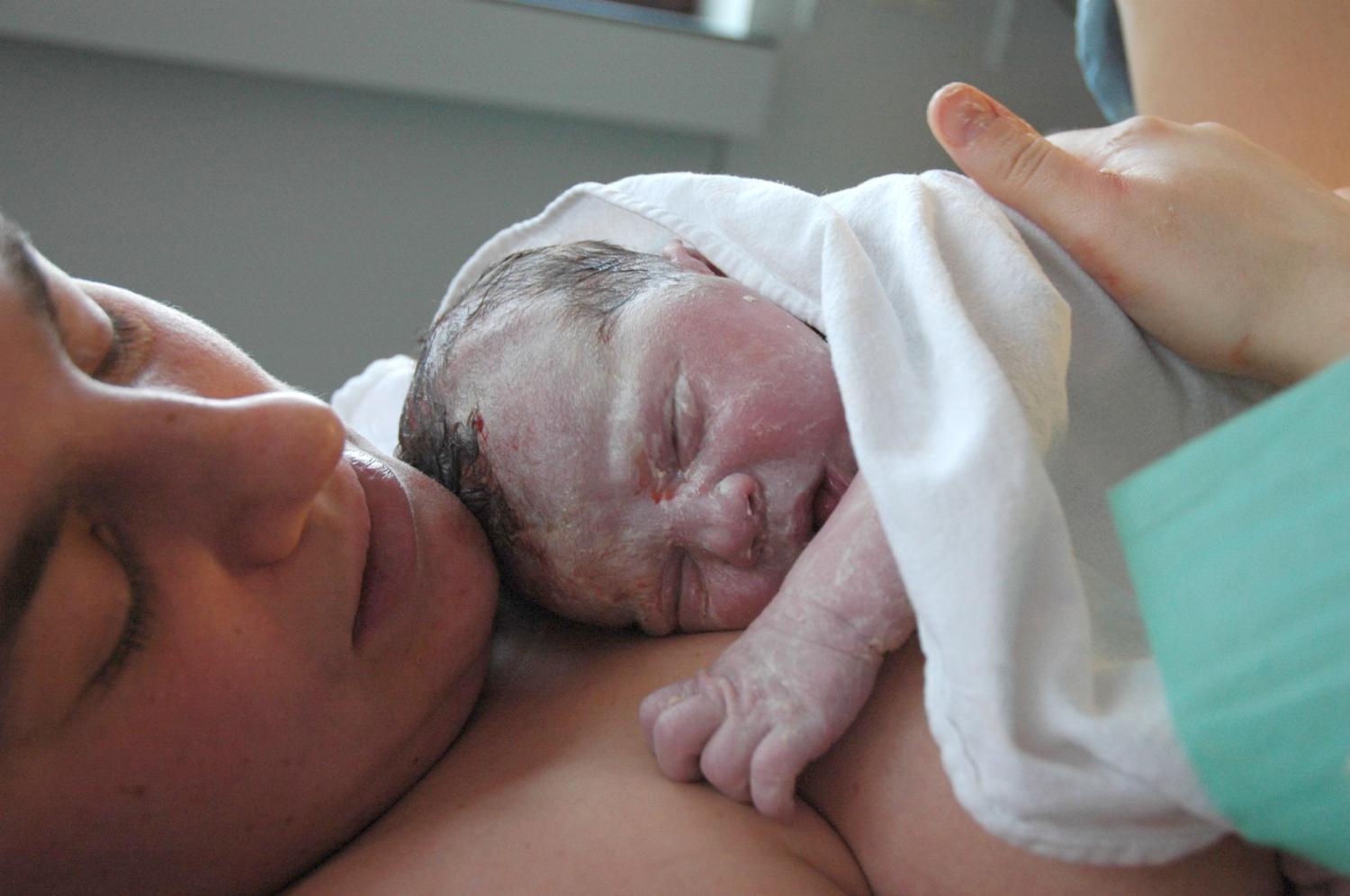Postpartum depression is a topic that affects many new mothers but often remains under-discussed. It is natural to expect a variety of emotions after childbirth, ranging from joy to exhaustion. What some people may not anticipate is an overwhelming sense of sadness that persists for weeks or months.
What Is Postpartum Depression?
Postpartum depression (PPD) is a type of depression that occurs after childbirth. It is more than just the “baby blues,” which typically involve feelings of sadness or mood swings that resolve within a couple of weeks after giving birth. PPD is more severe and longer-lasting, impacting the emotional and physical well-being of the individual affected.
Symptoms of postpartum depression can vary but may include persistent sadness, feelings of hopelessness, difficulty bonding with the baby, fatigue, irritability, changes in sleep patterns, and withdrawal from loved ones. These feelings are more intense than the temporary mood swings associated with the baby blues and can interfere with daily activities and the ability to care for the baby.
What Causes It?
The exact causes of postpartum depression are not fully understood. Several factors appear to contribute to its development. After childbirth, the body undergoes significant hormonal shifts. Decreases in estrogen and progesterone levels may contribute to changes in brain chemistry, which can influence mood and emotional stability. These fluctuations are thought to play a role in the onset of depression for some individuals.
The experience of pregnancy, labor, and delivery takes a physical and emotional toll. Recovery from childbirth, combined with the demands of caring for a newborn, often leads to fatigue and stress. These factors may increase the risk of developing depression, especially for those experiencing other challenges, such as a difficult delivery or health complications. A history of depression or mental health challenges can increase the likelihood of experiencing this type of depression.
How Is It Treated?
Although postpartum depression can be a distressing experience, it is a treatable condition. Early intervention is encouraged to help alleviate symptoms and improve overall well-being. Health care professionals are a key resource for individuals experiencing depression. A medical provider may recommend psychological support, such as counseling or therapy.
For some individuals, medication may be suggested as part of their treatment plan. Antidepressants are one common option, although any medication should be discussed thoroughly with a medical provider. The decision to begin medication may take factors such as breastfeeding and individual health history into account. Treatment plans should be flexible and tailored to the unique needs of the individual. It may be necessary to evaluate progress periodically and adjust interventions as appropriate.
Talk to a Medical Professional
Managing postpartum depression may feel overwhelming, but you do not have to face it alone. If you are experiencing symptoms of this type of depression, reach out to a medical professional for guidance. Whether through individualized therapy or other resources, there are effective ways to address depression and regain a sense of balance. Timely intervention and compassionate care can make a significant difference in the lives of individuals navigating this condition.
- When to See a Foot and Ankle Surgeon
- Top Benefits of Visiting a Vein Clinic for Early Treatment of Vein Issues
- The Intersection of Gynecology and Endometriosis Treatment
- Regenerative Orthopedics for Post-Surgery Healing
- The Role of Pain Management in Living with Chronic Pain
